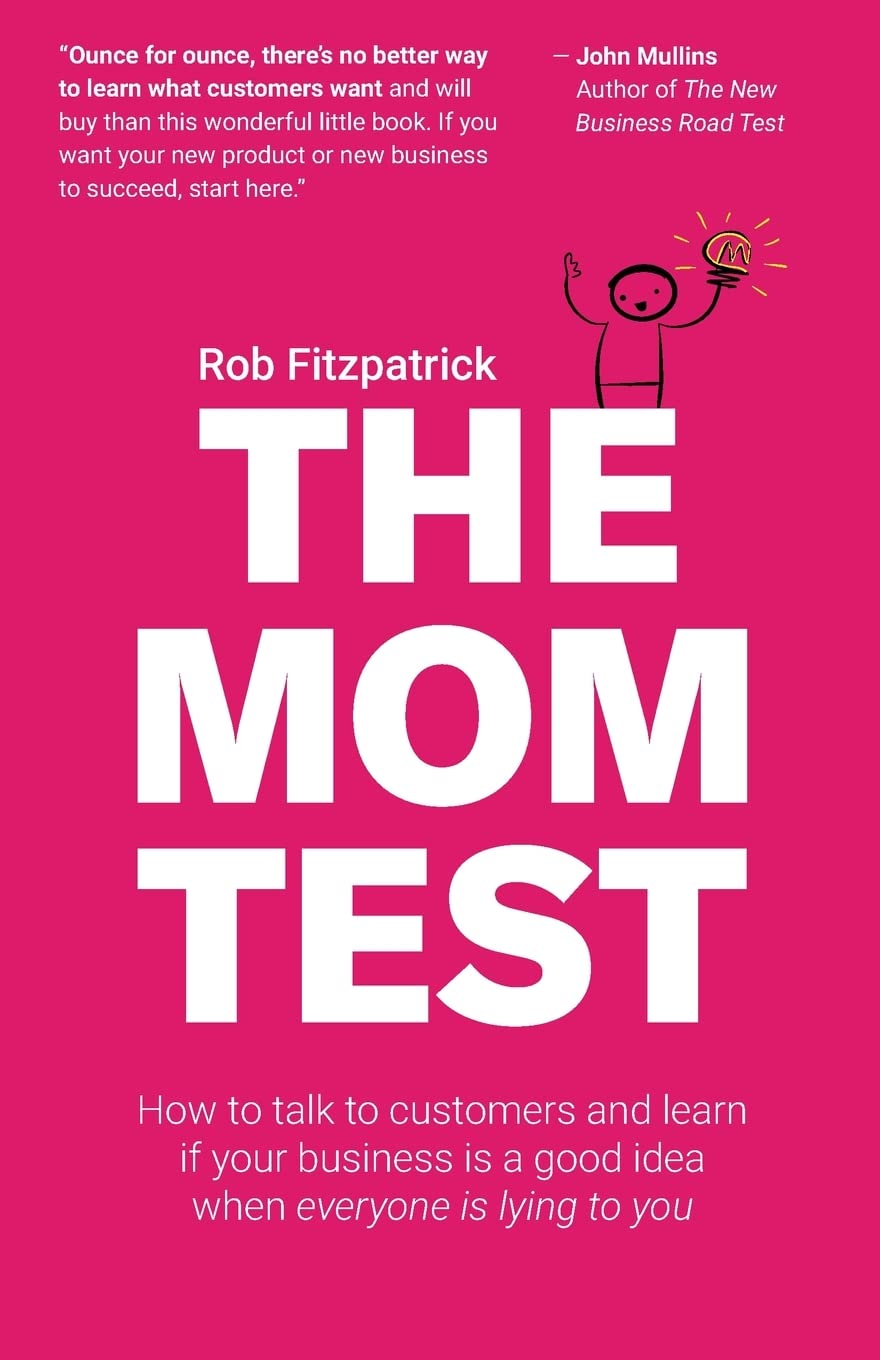Zero to One - Peter Thiel
- Anderson Petergeorge
- Oct 20, 2023
- 3 min read

Overview
Zero to One explores how companies can better predict the future and take action to ensure that their startup is a success.
Notes
There is no Formula: "The paradox of teaching entrepreneurship is that such a formula (for innovation) cannot exist; because every innovation is new and unique, no authority can prescribe in concrete terms how to be more innovative. Indeed, the single most powerful pattern I have noticed is that successful people find value in unexpected places, and they do this by thinking about business from first principles instead of formulas."
A Company’s Most Important Strength: Properly defined, a startup is the largest group of people you can convince of a plan to build a different future. A new company’s most important strength is new thinking: even more important than nimbleness, small size affords space to think.
Master distribution: Develop effective distribution channels to reach your target audience and scale your business.
Look for secrets: Discover and leverage hidden insights or knowledge that others overlook.
The lesson for entrepreneurs is clear: if you want to create and capture lasting value, don’t build an undifferentiated commodity business.
Startups are more nimble and therefore should be focused on innovation as their core purpose in the field they are in
As a startup take advantage of this and try new things and fail fast
Those that join the startup should have a key goal to want to create something new and innovate
All early-stage businesses should stay lean as long as possible
Improve on the competition - start with an already existing customers
Focus on product not sales - if it needs sales to sell then it’s not good enough
Make incremental advances - small incremental steps safe path forward
Don’t over plan as an entrepreneur try new things and pivot
Rivalry causes companies and people to focus on the wrong things to compete and allows a new incumbent to come in and win . Eg. Microsoft and Google rivalry allowed apple to come and eclipse them both combined
Key characteristics of successful business/ a monopoly: proprietary information, branding, network effects, economies of scale
Always start small - easier to dominate small market than large and to learn from that
PayPal went from targeting palm pilot users which was millions at the time but had nothing in common to bring them to eBay auction power users only a few thousand people but were very connected
That’s why it doesn’t make sense when entrepreneurs say they want to get 1% of a multi billion dollar market
Don’t disrupt avoid competition as much as possible
VC mentality - only invest in companies that with return more than rest of the fund. They prioritized only unicorns
Cannot build a great company on flawed foundation
If you want an effective board keep it small to 3 people. Only public companies need a board of 5 people or more. You want your board to be accountable and nimble
A company does better the less they pay the CEO. Should not be receiving more than 150k in salary
Cash poor executive will focus on making the business grow in value rather than keep the status quo to keep making a large salary
Helps set the culture for the rest of the organization too seeing the ceo set an example
Ask yourself the question why would the 20th employee want to join your company? Talent individuals have lots of options to ioin
Anyone swayed by perks as a reason to join your team rather than the mission is not a good fit
No sector is great enough or grows enough for you to simply just build a company in it and expect greatness. You must figure out a way to differentiate yourself in the market



Comments